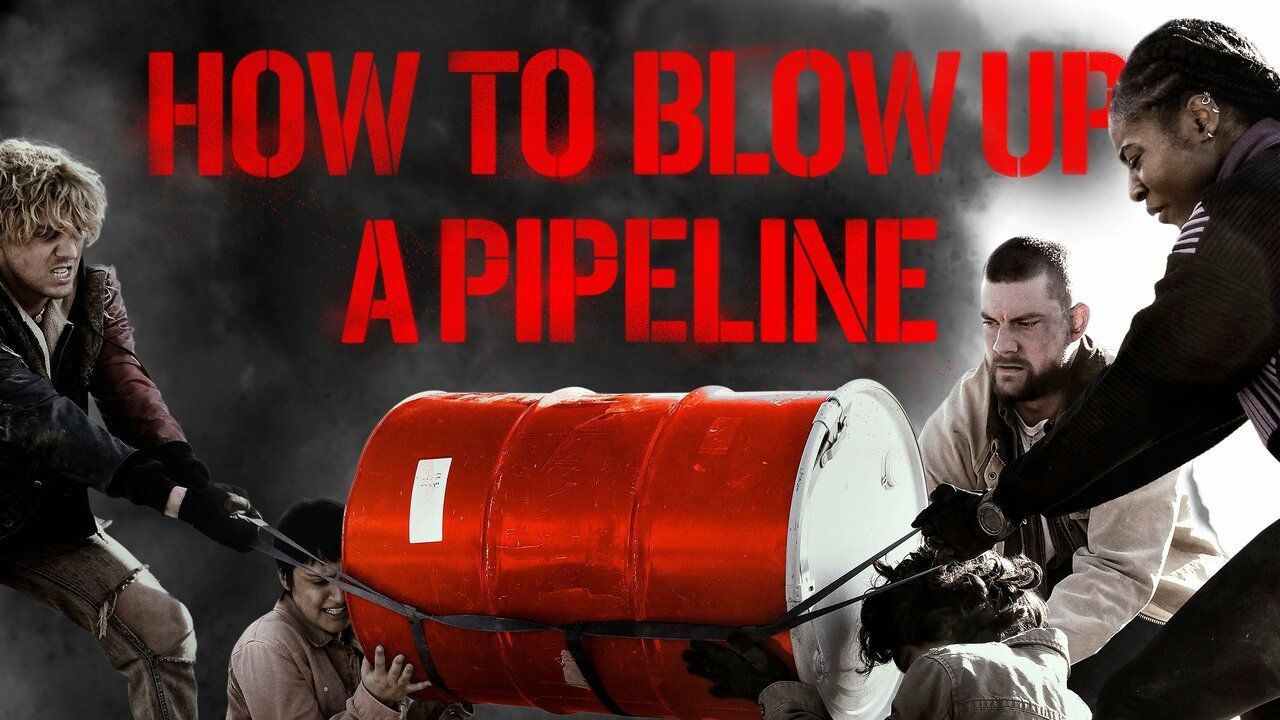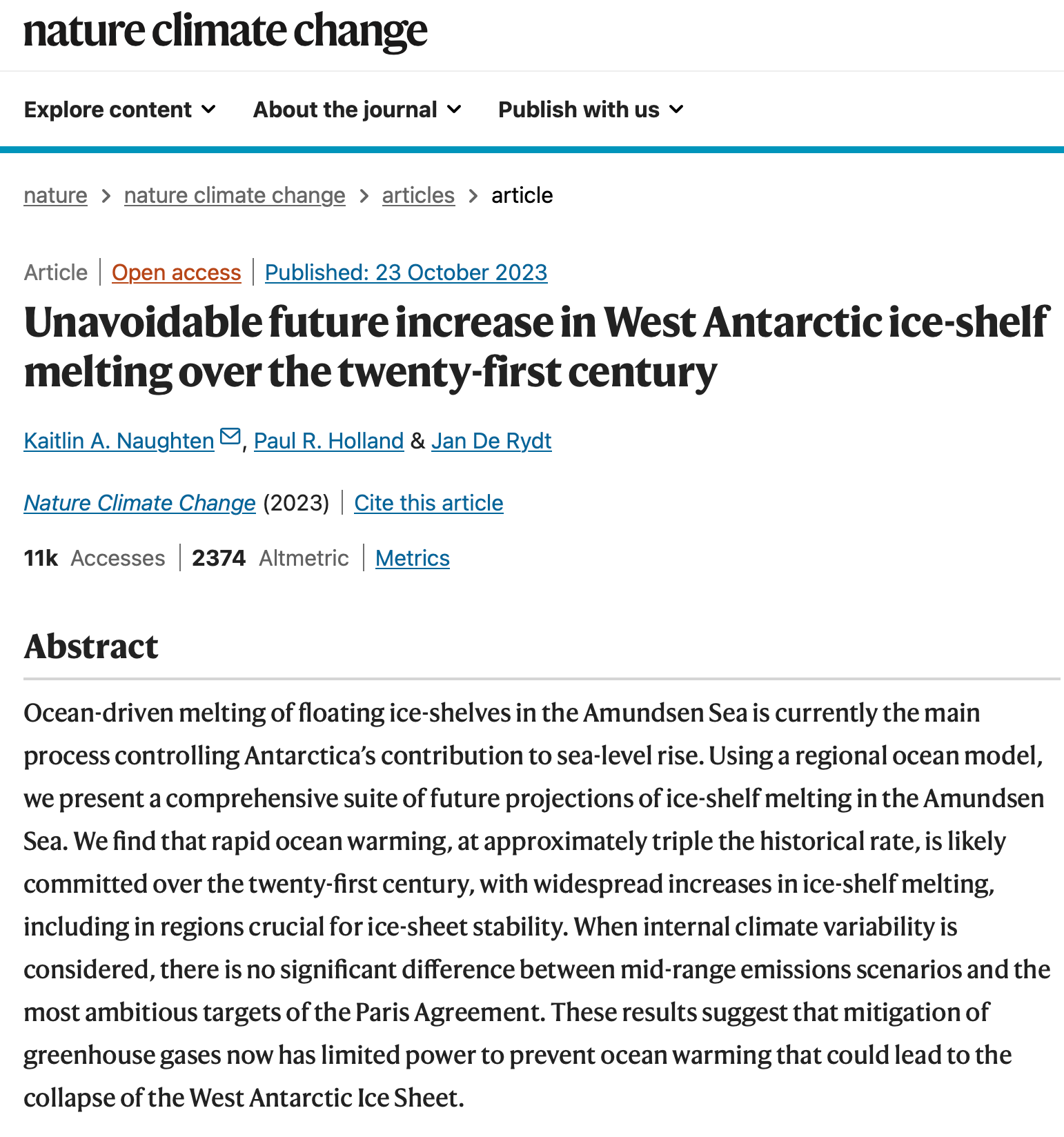Climate Catharsis: A review of How to Blow up a Pipeline

I don’t know about you, but paying attention to the latest news from the climate frontlines can be pretty exhausting. Good news is few and far between, and the last couple of months have been particularly filled with bad. This week, Hurricane Otis killed at least 27 people in Acapulco after unexpectedly intensifying, though my money is on a connection to the two months straight of global record breaking heat we’ve now had. In my immediate surrounds, I’ve been back in Sydney this past fortnight, and noticing that large parts of south-eastern Australia have been in the grips of a potent El Niño, resulting in an extraordinarily dry spring. Just a bit further afield, over thirty homes have been lost in Queensland to fires already, in yet another early start to the fire season. Punctuating the early heat across Melbourne and Sydney has been a series of eerie cool changes. A friend of mine wonders if these days represent “a small part of the Antarctic we’re never getting back. This week a new paper strongly suggested that West Antarctic ice shelf collapse is all but locked-in, no matter the degree of future warming scenario, guaranteeing at least a 1 m sea level rise over the coming century.

As the paper concludes: “The opportunity to preserve the West Antarctic Ice Shelf in its present-day state has probably passed, and policymakers should be prepared for several metres of sea-level rise over the coming centuries.” But just so we don’t get it twisted, they also remind us that “this study does not undermine the importance of mitigation in limiting the impacts of climate change.” There’s still potential to prevent even worse, as an unprecedented 15,000 (!!) scientists also shouted about this week, in a new “state of the climate” report directed at world leaders and anyone else willing to listen.
The cognitive dissonance that builds up when you pay close attention to the warning signs, disasters, and other terrifying realities of our new climate is vertiginous. You sit on a train while reading about it, while people just go about their day. Like untold climactic horrors aren’t unfolding at a planetary scale, just over the horizon, ready to rip the ground out from under us at any minute. It’s hard to reconcile the extraordinary reality of the climate emergency with the kinds of limited actions that remain sensible to us in current conditions, those that the late cultural critic Mark Fisher called ‘capitalist realism’. There is still no alternative. What are you going to do – blow up a pipeline??
Occasionally we get glimpses of what taking action adequate to the extraordinary nature of the current moment might look like, one of which comes to us via the film ‘How to Blow up a Pipeline’ (2022, dir. Daniel Goldhaber). The film focuses on a small group of young climate activists who take it upon themselves to organise and undertake industrial sabotage of a Texas oil pipeline in response to their moral convictions about the future of the planet and what is needed to protect it.
It is loosely inspired by Andreas Malm’s book of the same name, which is more of a theoretical defence of militant sabotage of fossil fuel infrastructure, but the film acts out the reality of it, showing us what this might feel like. And I got to tell you, it feels fucking good.
As an ensemble film, a few of the performances are a bit so-so. It’s got a great performance from Forest Goodluck (also in The Revenant, and Blood Quantum which is a hugely enjoyable majority-Native-American-cast zombie flick – seriously check it out) as a young and disaffected Native American who picks fights with the local white FIFO workers to express his frustration with what’s being done on his land. There’s also a white redneck-coded farmer who joins because his farmland has been unfairly seized by eminent domain in order for the pipeline pass through it, and Marcus Scribner (Black-ish) who is working on a toothless “awareness raising” film about the impacts of fossil fuel infrastructure, gets tired of being ineffective and decides to do something about it.
There’s also two couples a part of the group – and the ringleader leader is an Indian American woman who dropped out of college in futility at climate undermining her future. All of the members have their own motivations for taking action, and the film drip-feeds us their history, revealing how they got there while throwing in a couple of red herrings, threats of discovery, and the foiling of the plot, as the plan unfolds at the pipeline. It generally works quite well, and there are some great details in it, like seeing the group planning for the lowest ecological impact by detonating at high points, shutting off valves, and so on to avoid a massive spill, which is a nice touch.
There’s also a bit of complexity in setting up alibis, skills and materials, and complications as they try to pull off the sabotage equivalent of a complicated Oceans Eleven heist. Given the amateur nature of Goodluck’s homemade explosives, the stress on screen is often palpable, and the “will it or wont it work” anxiety gives it a nice forward momentum, while avoiding getting bogged down in the past with so much use of flashbacks.
It’s a good flick, and it really sucked me in. Spoiler warning: but the thing that really makes the whole movie click is that they actually pull it off. I was not ready for how badly I needed to see a fucking oil pipeline explode! I don’t think I quite stood up from my seat, but I gave it a full throated "fuck yeah!" It was an incredibly powerful moment of climate catharsis.
Thinking too much about the climate so often feels like losing, as Bill McKibben reminds us “winning slowly is just another way of losing". So it’s worth feeling that feeling, the feeling of actually winning. I want to hold onto it. I want to expand it and deepen it as we kick fossil fuels out of our homes, and end up winning clearner air. As we kick it out of our workplaces, and end up winning lower power bills. I want to kick it out of the entire world – leave it in the ground where it belongs – to win us a less captured state, a vibrant future with alternatives, better cities, more trees, more plants, more animals and skies that aren't trying alternately to drown or roast us.
I want to win so badly. I want to blow up a pipeline.